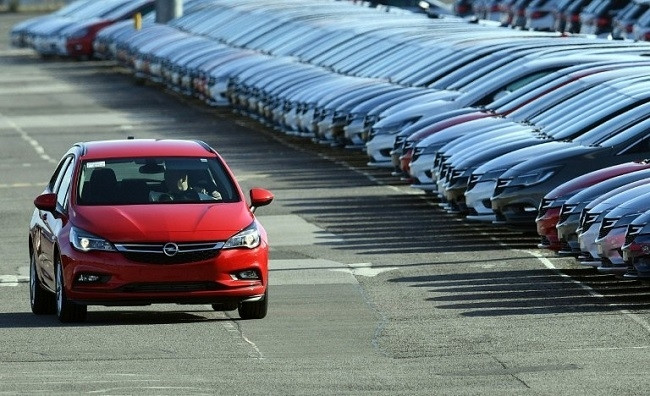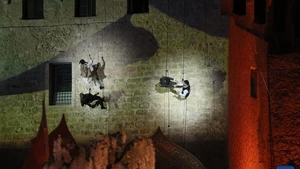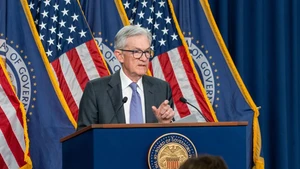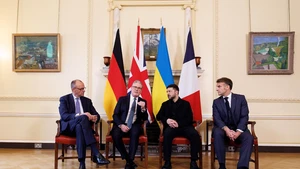Marking the EU as the first major partner to strike a trade pact with Mercosur, Friday's deal would cover a population of 780 million and "cement the close political and economic relations between the EU and Mercosur countries", said the document.
Hailing it as the largest trade agreement the EU has ever concluded, President of the European Commission Jean-Claude Juncker said the two sides "are sending today a strong signal that we stand for rules-based trade".
This trade pact would save over EUR4 billion (US$4.55 billion) worth of duties per year, said Juncker.
"Over the past few years the EU has consolidated its position as the global leader in open and sustainable trade. Agreements with 15 countries have entered into force since 2014, notably with Canada and Japan. This agreement adds four more countries to our impressive roster of trade allies," said EU Commissioner for Trade Cecilia Malmstrom.
As regards EU industrial sectors, the deal will help boost exports of EU products that have so far been facing high and sometimes prohibitive tariffs. Those include cars (tariff of 35 percent), car parts (14-18 percent), machinery (14-20 percent), chemicals (up to 18 percent), pharmaceuticals (up to 14 percent), clothing and footwear (35 percent) or knitted fabrics (26 percent), said the document.
Meanwhile, the EU agri-food sector will benefit from slashing existing Mercosur high tariffs on EU export products, chocolates and confectionery (20 percent), wines (27 percent), spirits (20 to 35 percent), and soft drinks (20 to 35 percent).
The agreement will also provide duty-free access subject to quotas for EU dairy products (currently 28 percent tariff), notably for cheeses, said the press release.
The new trade deal, part of a wider Association Agreement between the two regions, still needs to be ratified by legislative bodies of the two sides.
















